
Authors have certainly endured our fair share of upheaval. We witnessed a business model that had barely changed in over a century collapse in less than a decade.
Many of us felt the initial seismic activity back in the 90s when the big-box stores obliterated the bookstores we’d known all our lives. Witnessed the places we learned to love reading shutter one by one.
Those aisles where we daydreamed that maybe…just maybe one day WE would be on those shelves? Vanished.
We retooled the dream. Imagined our books in large hardback displays in the front of a Barnes & Noble. Or, perhaps on a kiosk next to the coffee bar at a Borders.
Then that went away as well.
Now, thrust into a digital age where anyone can be published and it seems there are too many hats for one head? It’s hard not to get discouraged.
But, writers are a tough breed.
Straight Talk
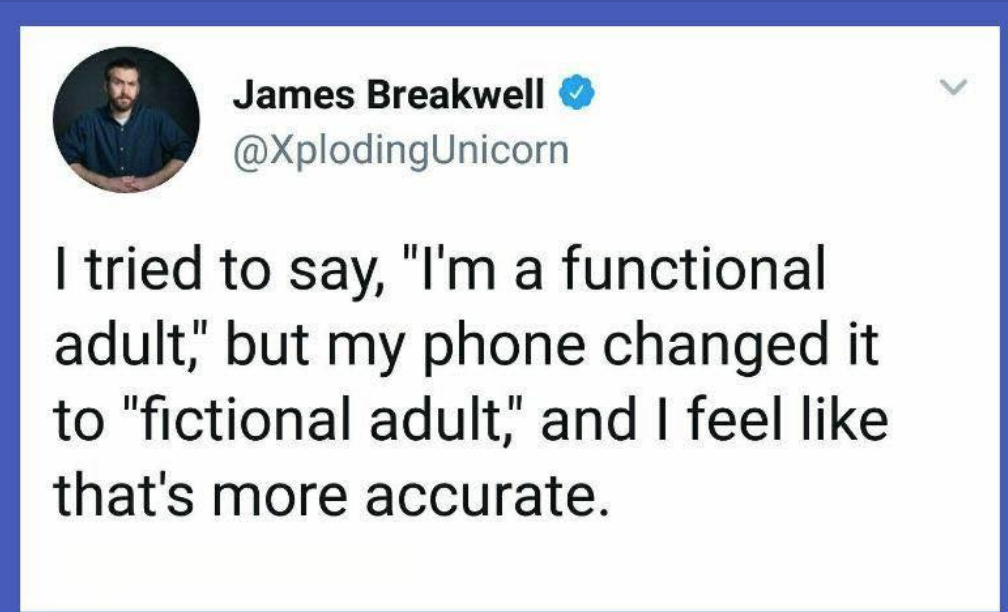
I started blogging for a number of reasons. First, I had zero self-discipline. I was a flake who started projects I never finished and was addicted to excuses.
After taking a hard look at my character, I knew my dream of becoming a mega-author would always be just that—a dream—unless I changed. Blogging trained me out of perfectionism, thickened my skin, and forced me to get out of my comfort zone.
It trained me to show up day after day, week after week, year after year no matter how I felt or what was going on in my life. Authors have deadlines. Funny thing? Life doesn’t stop simply because we have a deadline.
Family members still get sick, need care and sometimes pass away. Crises happen. The professional author still writes the words day after day no matter what.
I hit a turning point where I faced the truth. If I wanted to be like the authors I admired, I needed to do what they did even if it meant starting small.
The second reason I began blogging seriously was because, after attending my first conference, I noticed something that disturbed me deeply. Writers had absolutely NO clue about the business of their business.
And, because of this ignorance, authors failed to recognize their value. This made them objects of derision and vulnerable to predation.
Authors & Power

My early conferences—pre-digital age—were a real eye-opener. Writers, in my POV, have always suffered with crippling self-doubt. Fiction is very subjective and we bare our heart and soul in our work, so to put our ‘art’ out there is especially terrifying.
Back when I started out, there was no such thing as self-publishing as we know it. If you didn’t land an agent, GAME OVER.
Authors flocked to conferences and practically wet their pants trying to talk to an agent (myself included). I remember the anticipation of my very first conference, how I honestly believed the agents would be thrilled to meet us, excited to hear about our books.
Boy, was I in for a rude awakening.
***As a caveat, obviously not ALL agents/editors acted this way. But far too many did. Good news is most of them are now GONE.
Looking back, it seemed every conference had at least one agent who took great delight in making the authors cry. I still have memories of me standing in a hotel corridor consoling some woman I didn’t even know, telling her it was okay.
I was dumbfounded how horrible many agents and editors treated authors. They talked to us as if we were beneath them. Sort of like the agent who laughed in my face in February of 2008 when I pitched a book on social media for authors.
Actual Quote: Facebook is a fad just like audio books.
Back then? To listen to many of the agents/editors, watch their body language? It was easy to conclude that meeting new authors was a necessary, albeit unseemly, chore in the tedium of being a…New York agent.
Many openly mocked and castigated authors for mistakes and ‘stupid’ questions about the publishing business. A business we had NO WAY of knowing anything about before being published.
The Trap
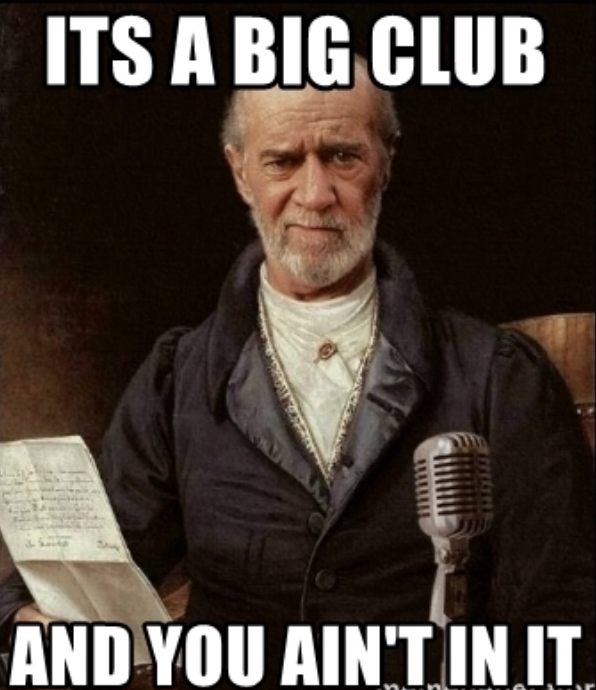
At the time, agents demanded authors submit/query only one agent at a time, but with no guarantee they’d get back within six months or even a year…or even EVER. And there was a not-so-veiled-threat that they (agents) would know if we submitted elsewhere.
And that there would be consequences. But we weren’t to send a follow-up query asking our status or call because, again, there would be consequences.
With every conference, I found myself growing angrier and angrier.
Agents chastised authors to be professional, to treat their writing like a business yet shared almost nothing about how the publishing business actually worked. The ‘business stuff’ was their job.
Publishing was as mystifying to the aspiring author as it was to the regular reader. Sacred knowledge was not shared, because if it was, then the hoi polloi might forget their place.
I hit my boiling point when I overheard an agent mocking an author pitch to a colleague. Everything after this is a bit vague…
I remember rounding the corner and (not very quietly) telling the agent how she still reeked of eau de college bookstore, and how DARE she talk to an elder, let alone someone who’d PAID to be at a conference like that?
Sweetheart, we still have a job without you. You, however, don’t have a job without us.
…and I’ve not been back to that hotel, but meh. Whatever.
Knowledge is Power

Of all the early conferences I attended, most of the sessions were on craft (which, of course, is critical). Yet, there were NO business classes, unless one counts ways to pitch an agent or editor.
To be fair, before e-pub, Smashwords, and Amazon, there wasn’t a lot about the publishing process authors could control.
Thus, it made sense there would only be classes on what we could control (e.g. the query, the quality of the book).
There was a reason authors focused on the writing. Agents and editors handled almost everything else from selling the book to a publisher, negotiating the terms, negotiating the print run, distribution, placement, tending to the proofing and cover art, etc.
We didn’t mess with all that…until we did.
I’d already started a blog to a) train out the flake and b) to demystify publishing. Had already posited that social media would be the single largest shift in human communication…ever.
I even predicted that authors (novelists, not just non-fiction authors) would have the ability to create an audience before the first book was even finished.
I saw the potential in social media, how it could be used for good or not-so-good. Authors, however, needed training. They had to understand the business of their business.
Author Knowledge & Storycraft: Product
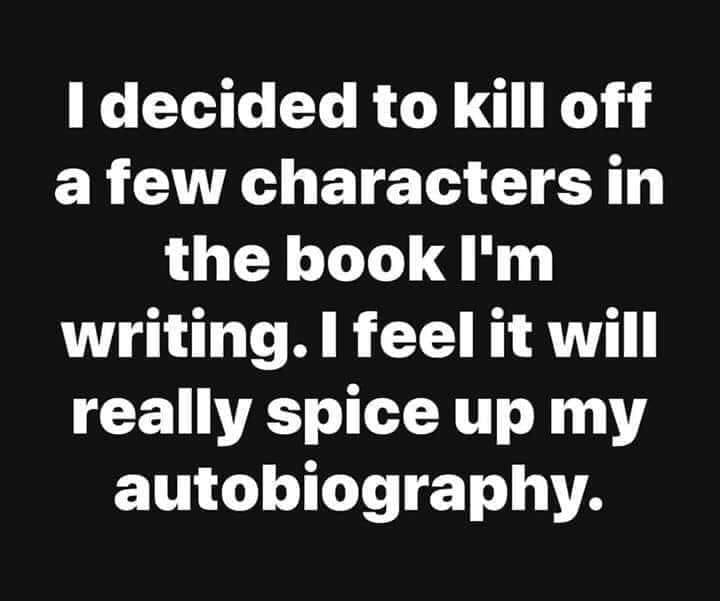
One of the reasons people like me recommend pre-published writers to read A LOT is that it helps train ‘the ear’ for story.
Story is a lot like music. A five-year-old can tell when someone hits a sour note in a song. That same five-year-old can also sense the sour note in a story.
If you don’t believe me, try to cheat when reading a bedtime story to a little kid. Try stopping in the middle, pretending the story is finished and see how quickly they call you out 😉 .
When we read, we develop an innate sense of structure, pacing, timing and we also fill our creative reservoirs with words, phrases, images, information, ideas, etc. we can use later. I can tell in fewer than five pages if a writer is also an avid reader.
The more we read, the more craft books (classes and workshops) we take, the more empowered we become.
Why? Because if we don’t know/understand the fundamental rules of writing, then it’s very easy to be influenced by outside opinions.
It becomes harder to stand by our work because we lack the ability to defend (even internally) our stylistic choices.
Our book can tip into ‘book-by-committee,’ a.k.a. Franken-Novel. It’s tougher to know if an editor is adding value or making a mess out of our manuscript.
When we understand the rules of writing deep into our bones, then we are empowered. When an editor, beta-reader, critique partner tells us we need more description or less, we can take the advice or not.
Sorry, that simply isn’t my voice, but thanks for sharing.
It’s why I offer craft classes and blog A LOT about craft. A couple helpful posts here:
Self-Editing: 7 Tips to Tighten the Story & Cut Costs
Perspective: Self-Editing Your Dialogue and Characters
Authors: Knowledge & Branding
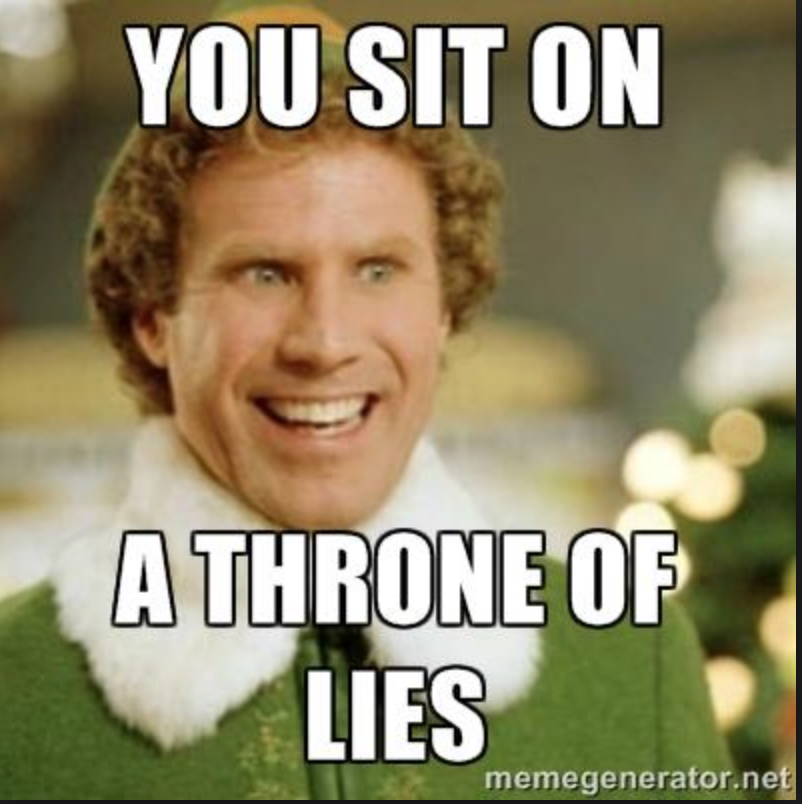
Author branding and social media is a topic near and dear to me. It was one of the main reasons I began blogging because I saw that our business model WAS changing.
In fact, I knew it wasn’t only going to change, it would be completely ERASED and replaced with something wholly new.
Authors who did not understand how branding and social media worked would be vulnerable and WOULD BE preyed upon. When we fail to get educated in an area, we make ourselves the predator’s target audience.
Shady accountants don’t WANT to do business with someone who understands QuickBooks. Shifty brokers don’t WANT to work with folks who can read a financial report, people who understand how investments operate.
Similarly, a lot of people made billions of dollars exploiting content creators, writers who didn’t understand SEO and how search engines worked. They used the creators’ trust and ignorance make hundreds of millions of dollars in profit off an UNPAID workforce….then bragged about it.
Which was why they then became my pet project for eighteen months (here are a few of the posts).
Writer Exposure: Gamble or Grift?
Welcome to the Matrix: You Work for FREE & There IS NO Payday
Pay the Writer: How to Out-Hustle the Hustlers
They now pay, FYI.
Yet, I still see authors hire ‘experts’ who dazzle them with promises they can’t keep and watch how they keep the customer compliant using a lot of worthless tech-speak (worthless, aside from creating panic attacks/fear compliance).
Authors: Knowledge and Technology

What I want to impart on y’all today is that the more educated you become, the more options become available. You’ll use your time more wisely, because you’ll know the rules of the ‘game.’
Authors who understand the rules of writing can weed out good critique from well-intentioned, but unhelpful critique.
They can discern good advice from flat out bad advice. Authors who understand the craft and editing process can hire better editors, which is working smarter, not harder.
Authors who understand social media, platform, SEO, how search engines work, and grasp basic technical jargon aren’t the ‘target market’ (mark) for the con-artist.
This is one of the main reasons I blog on so many of these topics and we teach affordable and technophobe-friendly classes.
Formatting Phobia
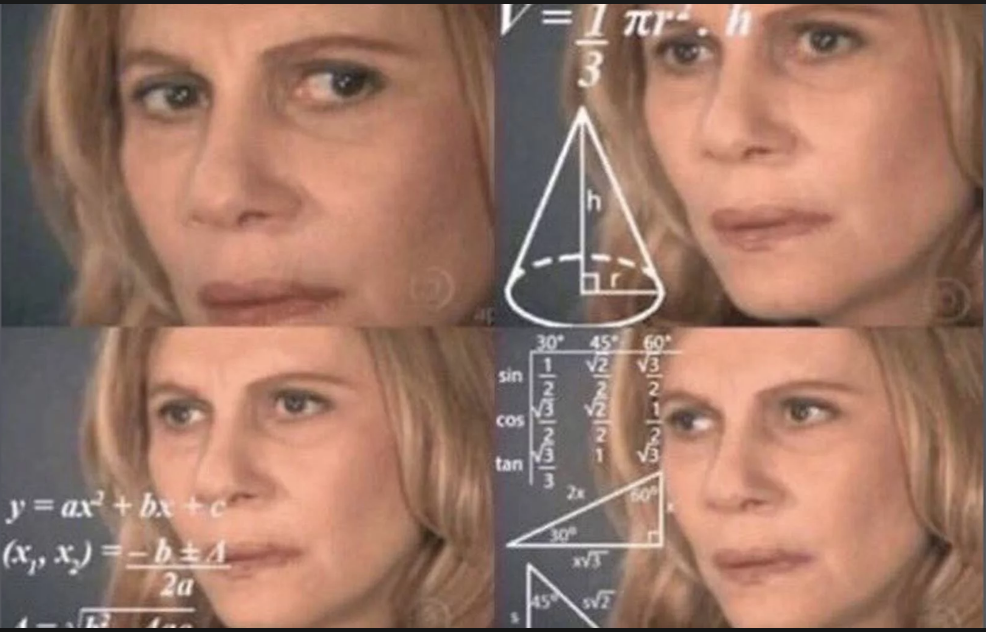
Back in the spring, I begged asked Maria Grace to teach me how to format my ebooks and print. Why? Because I was afraid of the technology.
And, because I didn’t understand all that wizardry, I was paying hundreds of dollars for other people to do it.
Granted, I’m very happy with the formatting I’ve paid for. But what if I wanted to just put out a blog-to-book? A small book on craft? Did I really want to shell out a couple hundred dollars every time?
No.
And, since I didn’t understand the process, I defaulted to throwing money at it.
In learning HOW formatting was done, I realized I’d been doing a lot of oopses that made my formatting bill MUCH higher than necessary.
For instance, Word has code in the background, code WE don’t see.
Yeah, I didn’t know either.
There are ‘little’ things we do to make our document look a certain way (like using hard Returns). But, when this goes to the formatter?
*sounds of primal screams*
They have to spend time REMOVING stuff we never should have added or even knew we added…which makes the bill higher.
When we learn how formatting is done for ebook and for print, we can do a better job of hiring (even firing). We have the ability to format books ourselves.
It’s also pretty obvious that authors with more titles available make better money. They have the advantage of compounded sales. We can now DO THAT TOO!
Authors who understand formatting can keep the cost of formatting far lower. And, AGAIN, when we’re knowledgable, we are no longer the ‘target market’ for those who make a living fleecing the ignorant.
In the End
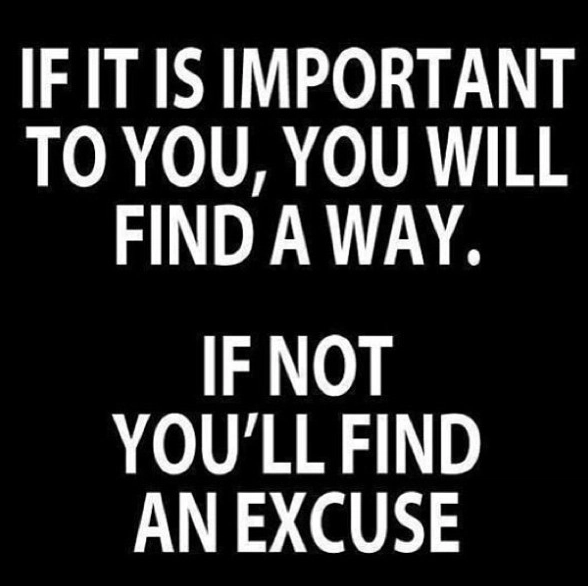
I’ve dedicated twelve years blogging to demystify what lays behind the curtain. When the smoke and mirrors no longer terrify us?
We have the power.
This is especially critical during a time where technology seems to change faster than we can ‘update.’
Whether this is understanding publishing… You don’t get what you work for, you get what you negotiate.
If this is understanding craft so that we can work on weaknesses and build strengths. We can know what feedback is solid and what’s garbage. If we write leaner and cleaner the overall editing and proofreading bill is WAY lower.
***Check out our ON DEMAND section for cool craft classes.
Even to knowing HOW search engines work. What IS SEO? Do you really need to pay for it? If so, how much? What is something we can realistically expect and what is flat out lies and bull sprinkles?
What does a web hosting service actually provide? Is formatting something that involves animal sacrifice?
The more we know the faster we grow 😉 .
Authors Who LEARN

Since Maria Grace was actually able to teach ME how to format (and I still can’t set up my email), I talked her into working her magic for Bad Lamb Academy.
We’ve melted our brains so YOU DON’T HAVE TO!
Grace has a class THIS Friday From Dream to Digital: E-Book Formatting 101(use Tech15 for $15 off). And in two weeks (once your brains cool off) she is teaching From Dream to DONE: Formatting for PRINT. If you sign up EARLY you get this class for $75 instead of $99.
BOTH classes are three hours long, but as with all our classes, you get a FREE recording included in the purchase price. So if you can’t make the class or if you DO make the class and simply want to watch the video over and over so you can learn? Up to you.
As for understanding search engines and SEO and blogs and branding? It can be and should be FUN. It’s so simple even I can do it.
This why I have two classes Branding: When Your Name Alone Can Sell (use Brand10 for $10 off) and Spilling the TEA: Blogging for Authors (use Tea10 for $10 off).
Both classes are designed to teach creative people HOW to build a brand that sells books and not your SOUL. Oh, and leave time to actually write the books AND ALSO HAVE FUN!
***You also can always pick up a copy of my evergreen branding book and definitive guide for social media for authors, Rise of the Machines: Human Authors in a Digital World.
AND, if you missed our killer craft classes like How to Write Deep POV or How to Write a Series and MORE, they’re available ON DEMAND.
See y’all next time!








8 comments
2 pings
Skip to comment form
KL once again speaks truth. For me (before getting into branding because I really am destitute–starving author?) I realized a few things. I needed to separate my blogs and create new blogs that address the topics I well, blog about. This has already improved my traffic. Also, I HAVE to pay for my blog, not just depend on the freebie. Without a decent platform we are dead in the water. Of course, if I am incorrect about paying for my WP blog Please. Let. Me. Know. 😉
Authors, including me, live in a suspended belief that we are horrific, that our vulnerabilities in our MCs etc are about to make us cringe at a 1 star. Sigh. We procrastinate. Affording an editor means Save Up and self-edit to decrease this cost. I ain’t there ‘yet’ but closing in.
Branding is NEXT!
For formatting, one of the best things I ever did was get Vellum. It’s a Mac only program (though PC users can use it with Mac in cloud), that makes pretty files FAST. It has sped up one of the most onerous tasks (for me at least): keeping my backmatter updated. Not controlling your files makes this updating even more onerous. Vellum does both digital and print files and no, I don’t work for them or even get a kick back. I was an early adopter of the program, even though the price made me gulp, but as you pointed out this is my business and Vellum helped me run my business more efficiently. With over 40 products for sale, it is a critical piece of my business.
I also ran into the type of agents you mentioned, in my early days. It made me angry, but grateful my two agents quit me before selling anything, which left me in control of my IP. It was eye opening to me to read Kathryn Rusch’s posts on agents and the fact that they shouldn’t be negotiating contracts unless they were lawyers.
Your blogging course has definitely helped me and I’m grateful for it. I”m still blogging!
Author
OMG that is AWESOME! When I do a RoM 2.0 I need to put you in there ((HUGS)). So great to hear from you!
I remember those times, even in article writing like I did, you had “no simultaneous submissions” written over and over in Writer’s Market. It slowed everyone’s roll unless they had the fortune to find an agent. My brother was writing fiction and he just fought the problem because we were in the Texas panhandle (you know, ‘fly over country’) and the ability to find an agent was as daunting as getting published back in the early/mid 80s. And we were doing SF conventions where we were able to talk to “real authors” who knew the system.
I’ve found I know more than he does now, I’m the one who actually got his book published with my own access to editors and such. I do my own covers and I did his (still don’t like it but it was what he wanted). I was smart in the late 90s and took a technical certification in desktop publishing which has really helped in this.
I’ve been blogging, had to have help setting it up but now I can keep it going. Branched into Twitter, have my Facebook pages (my vampire cat character has his own page!) and work a lot on face-to-face and email stuff. SEO still is a mystery (and yes, I’m going to do a class from you soon) and I’m now trying to figure out book trailers (any sage advice on a post for that would be lovely).
You’ve been a guiding star in how to figure all this mess out and I always read your posts when they come out, even before reading the ‘important’ stuff like the bank statements and the family mail.
Thanks for being there for all of us.
Great post, Kristen. I will share this widely.
Inspiring post! I’m decent with Scrivener but this made me decide to pull out the manual and really learn the details.
I read an interview with an agent on Bookbub (https://insights.bookbub.com/literary-agent-querying-trends-subrights/) that this post reminded me of. Specifically this section about advice to new authors:
Don’t rely on querying alone to help you find the right agent for you. In the last two years, 80% of my new clients did not come from my query inbox. The majority of these new relationships came about through referrals from agency clients or colleagues, or they were established authors whose work I admired and pursued.
You should absolutely query to a select few legitimate agencies whose tastes and sales history align with your work. But my advice is to become part of the writing and publishing community. Find a critique group or professional author organization. Attend conferences and follow your contemporaries on social media. And more than anything, read widely in your genre.
This struck me as so depressing — ‘sink even more money and time into networking and marketing yourself before you even have anything published, because the query letter that you’ve always been told is the ticket to getting an agent is mostly a waste of time.’ I don’t doubt that it’s true, but yikes, no wonder self publishing looks so attractive.
Great new look and as always- great information for the writing community! BTW, I am one of the good agents and have been a fan of yours for years. I am responsible for beaucoup sales of your Rise of the Machines since I pitched it at writers conferences where I taught. And all of them that bought a copy and read it- came back to say thank you! So thanks again for not fleecing writers wanting to learn craft and the biz.
I managed not only to successfully format my first ebook, but also to trick Smashwords’ Meatgrinder into thinking I’d done it all in Word, not LibreOffice 😀 – thanks almost entirely to detailed online instructions from another LibreOffice user who’d done the same thing. (That’s what I like about Linux users – and you! People giving a hand to others climbing up the ladder behind, instead of hugging their knowledge to themselves and laughing at others’ struggles. Like certain nameless agents…)
For paperbacks I use LyX, which talks directly to LaTeX, a typesetting programme. Which means that I can get one chapter into writing a book and see how it will look on the page – a great encouragement to keep going! Plus all the joy of deciding on margins, headers, fonts, what symbol to use for within-chapter breaks – I like to pick something thematic to the book.
It was a long hard road getting that first book out there and available in both formats, but slogging through it all meant that I – with stacks of help from my husband – learned to do things for myself. (As Linus Torvalds said, “The Linux philosophy is ‘laugh in the face of danger.’ Oops. Wrong one. ‘Do it yourself.’ Yes, that’s it.”) Except cover typography! It would take me years to learn how to do what Evelyn Doyle knocks out in a week.
[…] Authors: Taking Charge of Our Future in a Time of Uncertainty […]
[…] “Authors: Taking Charge of Our Future in a Time of Uncertainty” on Kristen Lamb […]